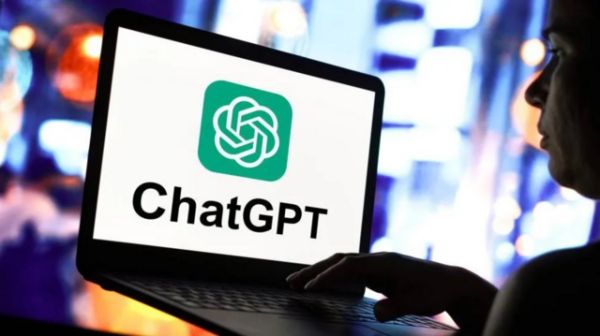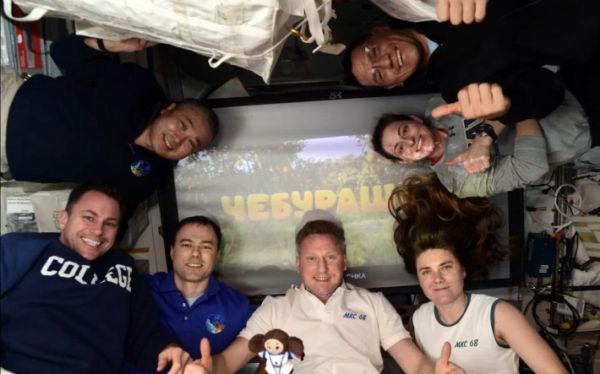GPT-4o will be available to all users of the previous version, including those who do not pay for the service. According to developers, the new version works faster than the previous one and behaves more casually - it can allow itself to chat a little, or even flirt. GPT-4o can read images and discuss what it sees, translate between languages, and recognize emotions from facial expressions. Unlike previous versions, the robot can also remember previous conversations. It can be interrupted in the middle of a sentence, and it has a smoother conversational rhythm - during a demonstration, there was virtually no delay between a question and an answer. This new model is a step forward in the field of artificial intelligence, as stated by OpenAI's Chief Technical Director, Mira Murati.
"We are looking at the future of interactions between us and machines," says Murati. "And we believe that GPT-4o is truly changing this paradigm." During the demonstration of the voice version of GPT-4o, it not only solved a simple equation written on a piece of paper but also provided helpful recommendations on how to solve it. It analyzed computer code, translating from Italian to English, and interpreted emotions from a photo of a smiling person.

Apple is investing in integrating its AI developments into the operating system for iPhone. Apple does not have its own chatbots like GPT-4o or Google's Gemini, and the company has recently been directing new resources into this area. GPT-4o may offer more advanced features than those provided by the built-in voice assistant Siri. However, concerns have been raised about the use of AI without compensating or even obtaining consent from publishers. For example, in December of last year, the American New York Times filed a lawsuit against OpenAI and Microsoft (which financially supports OpenAI, although it is developing its own generative chatbot) for copyright infringement. They were accused of using millions of articles from the newspaper to train chatbots. The publication claims that while the companies drew information from many sources to create their systems, they paid special attention to New York Times content to 'freeload' on the newspaper's substantial investments in journalism. OpenAI has been sued multiple times for using copyrighted materials, and authors of creative works have also taken legal action.






